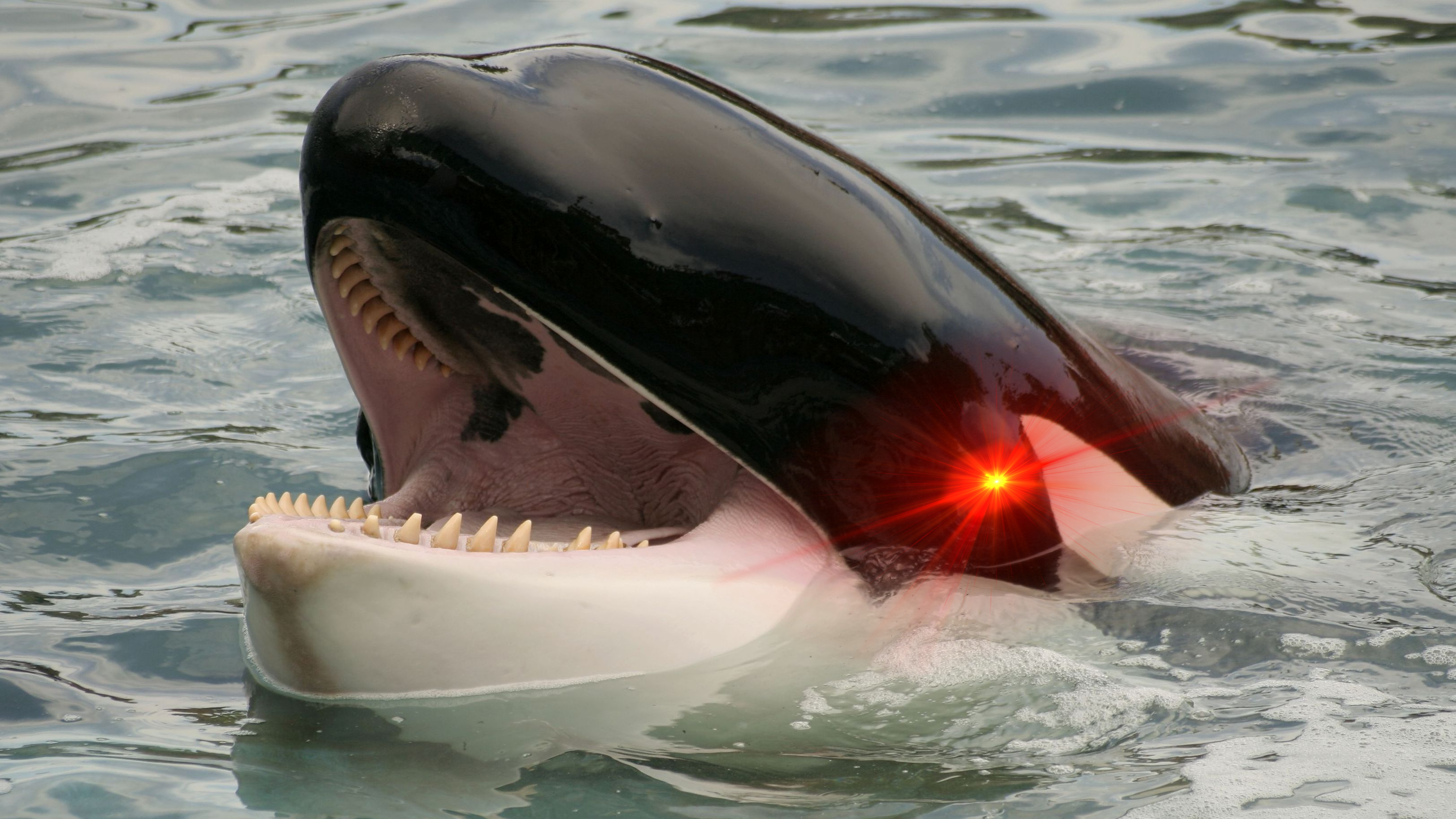https://nitter.1d4.us/NASAJPL/status/1669056455901851648
Great filter critics: :picard-excited:
Great filter adherents :blob-on-fire:
This is interesting for sure, but it has next to nothing to do with the Great Filter btw and definitely is not a mark against the idea of a Great Filter. :cat-confused:
NASA is LYING about aliens they are NOT aliens but DEMONS :meemaw:
Pretty common take among unhinged boomers I see online a lot.
Whenever flat earthers say NASA built a dome around the earth, I always wonder what exactly the motive is. I suppose keeping space demons out is a good one.
Making an underwater colony in Enceladus makes me think of both Barotrauma and SOMA.
Also like what would even be the point of building a colony in such unwelcoming place considering that we're still in Capitalist era? Like what resouces are they going to exploit in Enceladus, what rich asshole will relocate to a dark and deep underwater colony and how would it maintain discipline among the workers. Apart from basic stuff, what would workers even produce? Can they even ship it back to Earth? It has barely any purpose and is a huge waste of resources, well, this last part doesn't seem to bother capitalists all that much.
Of course I am getting ahead of time because nobody is talking about colonization, but eh
The only reason people will be sending probes or even building bases on Enceladus in the next century or two would be research. Lots of cool stuff we could learn from there. If it has an ocean that goes super deep then maaaaaybe it could be mined for uranium? I'm just spitballing.
I figure by the time we're able to build a base on Enceladus we'll have fusion, and hydrogen is basically free, plenty of places to get fuel without having to drill through miles of ice and then haul it through an ocean like 3x as deep as Earth's
Fission fuels can be used for thermoelectric generators (low energy, usually very simple, lasts a very long time, used for deep space probes) as well as "small" reactors that can fit in vehicles or power a town. Fusion requires such high energies so the reactor designs are very big and the prospects for miniaturization are low. Cities will probably be powered by fusion one day, but I'm confident fission will continue to have a healthy niche.
Yeah, fair. I would expect fusion to be substantially miniaturized from current designs by the time anyone is thinking about going to enceladus, since that's probably like a century or two off, but I can definitely imagine a world where that isn't the case.
Thermoelectric generators aren't actually fission reactors, but they're crazy cheap and ideal for space travel because they require almost 0 upkeep
Great filtercels quaking when we make first contact with the Enceladun decapi :posad:
Tweet's kinda misleading. Scientists found sodium phosphates in ice particles in Saturn's E-ring, which is mostly composed of water ejected from Enceladus' ocean. We still don't have direct confirmation of phosphorus compounds in that ocean, and the relevant study points out that the phosphates in the ocean, if they're there, are probably unevenly distributed.
Good news everyone, whoever the next Elon Musk is is gonna make us all do Barotrauma for real
why's it essential for life? the ATP in the Krebs cycle or something deeper?
In addition to what TerminalEncounter said, just more simply, it's a major part of DNA. No phosphorus, no DNA. Here's some general info on its importance to life.
PO bonds are super useful for biochemistry. If you bond a bunch of phosphate groups together it's like storing energy in a battery or spring or whatever - earth life (feels weird to quantify it this way but whatever) uses ATP to store energy but any alien biochemistry is probably gonna use it too, well maybe any alien biochemistry that is in liquid water. Dunno about those more wacky liquid methane or whatever ones they were speculating could live on Titan.
It would 100% be possible for humans to live on Venus. You would just need to live on a blimp in the sky (so the pressure on the surface does not crush you), and bring your own oxygen. You could even walk around without a space suit on the deck of your blimp-house, because the temperature high in Venus' atmosphere is around 70-80 degrees Fahrenheit at earth's pressure.
Of course, it would be logistically insane to bring enough air/water/food to Venus to support trillion-dollar steampunk blimp houses, but it is technically possible. You can't walk around without a spacesuit on Mars (the atmosphere is too thin), and on Enceladus or Europa you would have to live underwater. Or, really, under ice. Under maybe a mile of ice (which is terrifying to me).
Under maybe a mile of ice (which is terrifying to me).
On one hand, terrifying.
On the other hand, you would actually have radiation protection unlike Mars
My understanding is that this doesn't actually say anything about whether or not life exists on Enceladus. It's just that the presence of phosphorous is something life as we know it on Earth requires, so seeing it on Enceladus checks another box like the presence of water does. It doesn't necessarily imply the existence of life on its own.
The whole life on Venus fiasco was a bit different. Astronomers thought they had detected phosphine on Venus, which is a chemical that we don't believe could exist naturally under those conditions unless it was catalyzed by the metabolism of potential microbes. Unfortunately it turned out these astronomers hadn't actually detected phosphine.
the fact that Cassini died 6 years ago but they're still analysing its data is interesting. it's like poring over the hand scribbled notes of some wise old eccentric who died trying to decipher the secrets of the universe
Yoooo, a new source of fertilizer!! ! Now we can continue to do massive monoculture farming for longer , epic :turtle-pogger:
This isn't an interplanetary railgun I'm using to glass the earth.
It's a fertilizer sprayer.



















